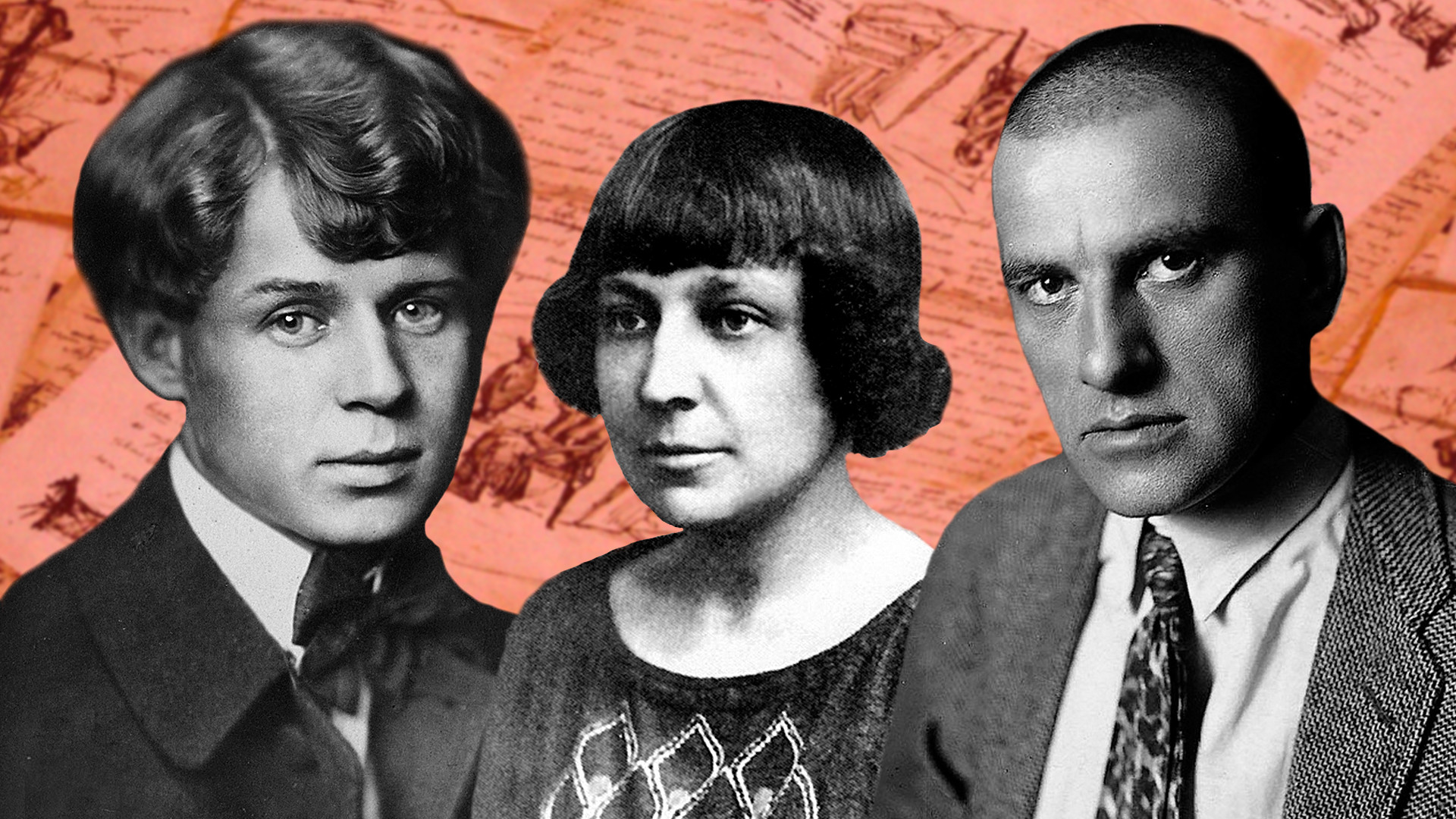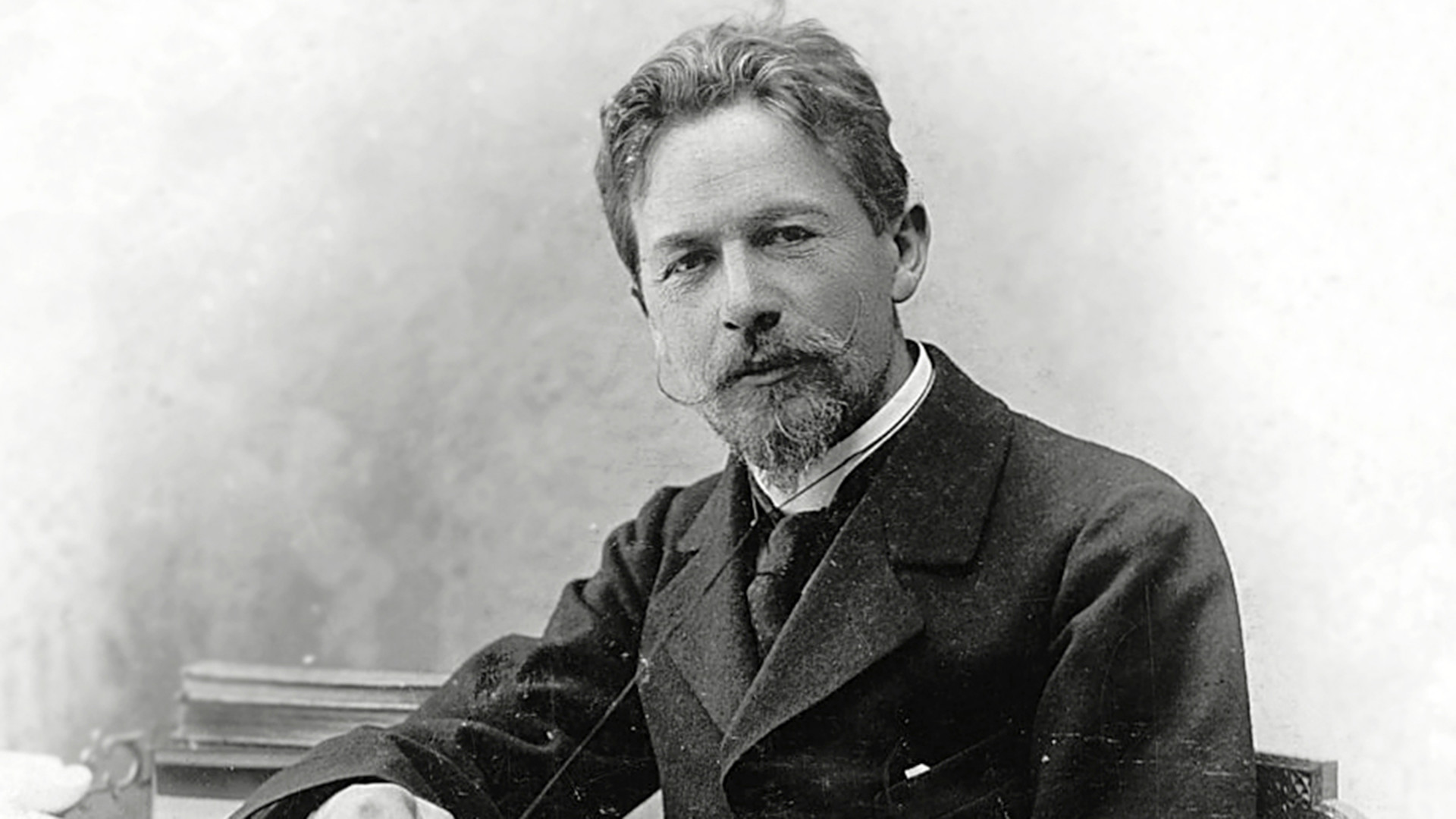
What did Russian classic writers think about SHROVETIDE?

Maslenitsa, the holiday of seeing off winter, is celebrated for an entire week. In the old days, it was believed that people celebrated the revival of nature after the cold weather and the beginning of the agricultural season. Pancakes with different toppings (or ‘prypeki’, as they are called) are always cooked on Shrovetide. And, on the last day, a Maslenitsa effigy is traditionally burned. This year, the holiday will be held from February 24 to March 2.
Russian carnival

Pancake week has always been about public festivities and fun. After all, it preceded the strictest and longest Lent. “Went for a late walk, to buy soles. It's locked. Maslenitsa, drunks,” wrote Leo Tolstoy once.

“Maslenitsa passed very briskly. Verigina, who got married, arrived. She tells stories and speaks Russian very well… In general, there is a nice Russian woman in her,” reported poet Alexander Blok.
Nikolai Gogol, author of ‘Dead Souls’ and ‘The Overcoat’, would report on stage performances as a student at the Nezhyn Higher Sciences Gymnasium. “…We had a wonderful Maslenitsa. We had a theater for four days in a row; everyone played superbly. All the visitors, seasoned people who had been there before, said that they had not seen such a wonderful performance at any provincial theater.”

Writer Mikhail Prishvin wrote in his diary of 1928-1929: “Severe frosts with wind yesterday and today. They are giving out butter. Well, here comes Maslenitsa, here come the pancakes!”

And there were also vivid childhood memories associated with Maslenitsa. Writer Anastasia Tsvetaeva, sister of poet Marina Tsvetaeva, described this holiday as follows. “The slope of winter, lengthening days, the late sunsets, icicles hanging from the roofs of mansions and old Moscow houses. Flour stores and the smell of pancakes from their windows; the smell of hay in the markets - they never bought them for us, it was a foreign, captivating food. But, the pancakes were baked and then a maid, throwing a shawl over her head, would hurry along the footbridge from the kitchen to the house with a mountain of pancakes, airily and greasily sticking to each other on the table. We counted how many we would eat, who would eat more. Melted butter in a jug, sour cream, herring, caviar. They poured a little wine into our water. And sleds were rushing past the windows, Rus’ was rolling through the snow, as in a fairy tale, the hooves of horses with bells were clattering and the fragments of songs, melting after the troika disappearing behind the turn in Palashi, awakened in Musya and me - melancholy…”
Visiting for pancakes

During Maslenitsa week, guests traveled from house to house in an endless string. A courtesy visit was accompanied by a feast. Writer Ivan Turgenev asked poet Apollon Maikov to write a poem for the readings of the ‘Society for the Benefit of Needy Writers and Scientists’: “Without you, things will not go as they should: You see how the public loves you. <…> Will you come to my house tomorrow, Friday, for pancakes at 4 o'clock? We'd have a talk.”
No matter what happened, the pancake menu could not be canceled.

“Tomorrow, that is, Friday, around 5 o'clock, Count Tolstoy is expecting you for pancakes. And I am with him,” wrote Nikolai Gogol to Count Vladimir Sollogub.

Sometimes, writers turned an invitation to pancakes into a real melodrama. Anton Chekhov wrote to publisher Roman Golike that architect and artist Fyodor Shechtel would not make a vignette for his book. “It's a pity… And all because I don't agree to be at his pancakes tomorrow. If his assurance is not an empty threat, then the book will be published without a vignette.”

Maslenitsa week was so eventful that, sometimes, a full rest was needed afterwards. Alexander Pushkin resented the confusion in invitations to balls. “Thank God! Maslenitsa is over and, with it, the balls. The description of the last day of Maslenitsa will give an idea of the others. The chosen ones were invited to the palace for the morning ball, at half past 12. Others for the evening ball, at half past 8. I arrived at 9. They danced the mazurka, which ended the morning ball. The ladies were arriving and those who had been at the palace since morning were changing their attire. There were a lot of dissatisfied people: those who had been invited for the evening, envied the lucky ones of the morning.”












